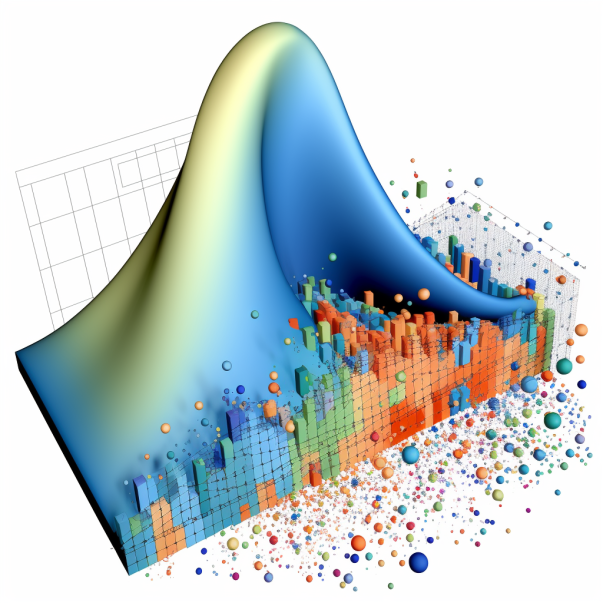Short Courses
Courses will be on Tuesday, April 16th at H.C. Ørsted Institutet, Universtitetsparken 5. See Practical Information for directions to the building.
Registration will be open from 8:30 on April 16th and again during lunch from 12:00 to 12:30.
See below for details on the course you have registered for.
Registration will be open from 8:30 on April 16th and again during lunch from 12:00 to 12:30.
See below for details on the course you have registered for.
Full day course
Introduction to Causal Inference, by Rhian Daniel and Erin Gabriel
Location: Auditorium 10
Start time: 9:00 with a coffee break in the morning, lunch, and another coffee break in the afternoon.
Location: Auditorium 10
Start time: 9:00 with a coffee break in the morning, lunch, and another coffee break in the afternoon.
| |||||||
Half-day courses
MorningBayesian Causal Inference, by Fabrizia Mealli and Alessandra Mattei
Location: Auditorium 5 Start time: 9:00
|
AfternoonIntroduction to Bayesian Nonparametric Methods for Causal Inference, by Michael Daniels and Jason Roy
Location: Auditorium 5 Start time: 13:00
| ||||||||||||
MorningIntroduction to Causal Discovery, by Anne Helby Petersen, Claus Thorn Ekstrøm, and Christine Winther Bang Location: Auditorium 6 Start time: 9:00
|
AfternoonUnlocking the Mysteries of Mixed Exposures: Targeted Learning for Robust Discovery and Causal Inference in Epidemiology, by David McCoy, Mark van der Laan, Alan Hubbard, Alejandro Shuler, Rachael Phillips, and Ivana Malenica
Location: Auditorium 6 Start time: 13:00
| ||||||||||||




